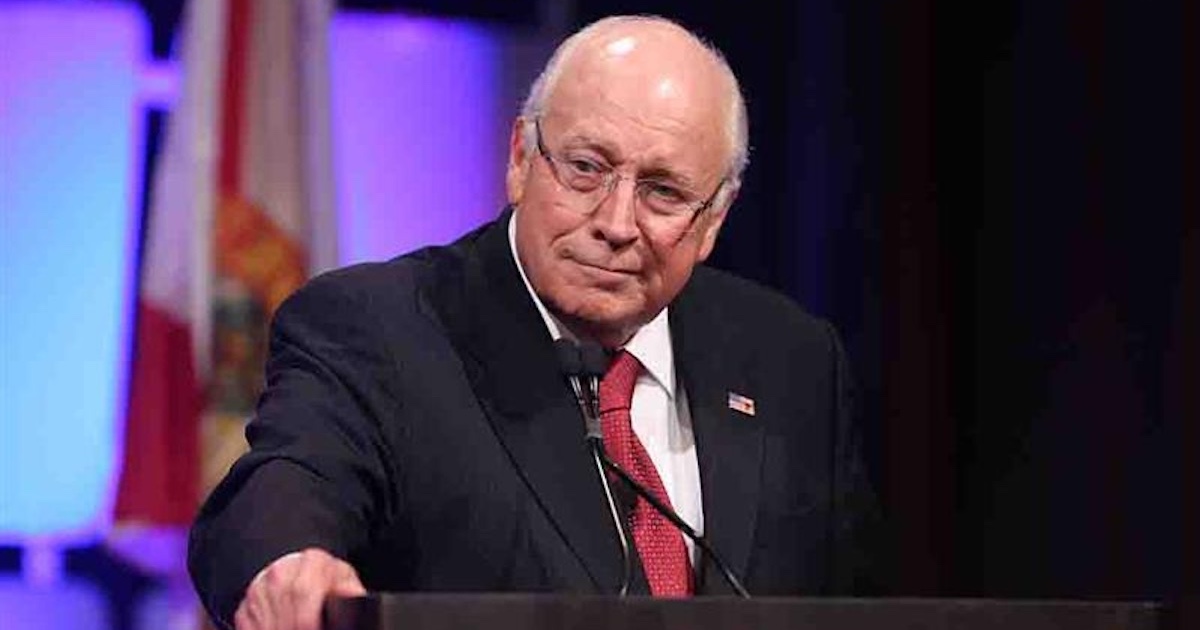America's seniors are very much interested in managing their health online and with mobile devices – but they aren't getting those services from healthcare providers.
And with 10,000 people celebrating their 65th birthday every day over the next 17 years, that's a significant market opportunity for hospitals and practices that haven't yet embraced the mHealth movement, according to a survey by Accenture.
“Just as seniors are turning to the Internet for banking, shopping, entertainment and communications, they also expect to handle certain aspects of their healthcare services online,” said Jill Dailey, managing director of payer strategy for California-based Accenture Health, in a press release. “What this means for providers and health plans is that they’ll need to expand their digital options if they want to attract older patients and help them track and manage their care outside their doctor’s office.”
[See also: 4 tech-enabled doctors convening at mHealth Summit panel.]
According to the survey, 67 percent of the seniors indicated access to their healthcare records is important, but only 28 percent have that access, And while 70 percent believe it's important that they can refill their prescriptions electronically, only 46 percent currently can. Finally, while 58 percent say they want to communicated with their doctors by e-mail, only 15 percent say they can.
Seniors are the fastest growing segment of the population jumping online, according to the Pew Internet & American Life Project. Between 200 and 2012, Pew reported, Internet use tripled among those age 65 and older – the greatest growth among any age range – and doubled among those between the ages of 50 and 64. In fact, Pew reports, the only area where seniors' Internet use is greater than 18- to 29-year-olds is in researching health information online.
Hence the "silver surfer" term coined by Pew in 2012.
While companies like Independa, Numera, eCaring, BeClose and VideoCare are targeting the senior market with products that offer real-time social and communications platforms with caregivers and family members, many seniors are interested in simple online appointment scheduling with their doctors or links that can give them access to physicians or medical information at a moment's notice. But Accenture officials say only about one-third of the nation's healthcare providers offer those resources.
With the Baby Boomer generation hitting retirement age at about the same time as the healthcare worker shortage predicted to become acute, the healthcare industry has taken a keen interest in senior health.
According to Dailey, healthcare providers need to reach out to this population with online and mobile tools that are easy to understand and use.
"As the digitally engaged senior population continues to grow, healthcare systems need to consider the role the Internet can play in making healthcare more convenient for patients of all ages and every touch point," she said in the release.
Accenture's survey, "Silver Surfers are Catching the eHealth Wave," was based in part on a survey of more than 9,000 adults in nine countries, undertaken in July by Harris Interactive. That survey included more than 200 seniors (age 65 and older) in the United States.
Related articles:
Is it time to nail down an mHealth definition?
Infographic: E-empowered patients. How far we've come


